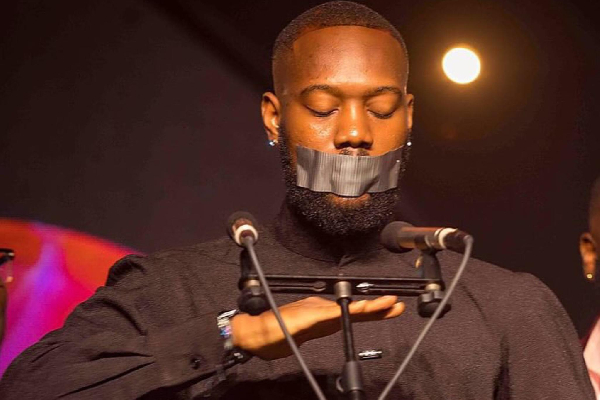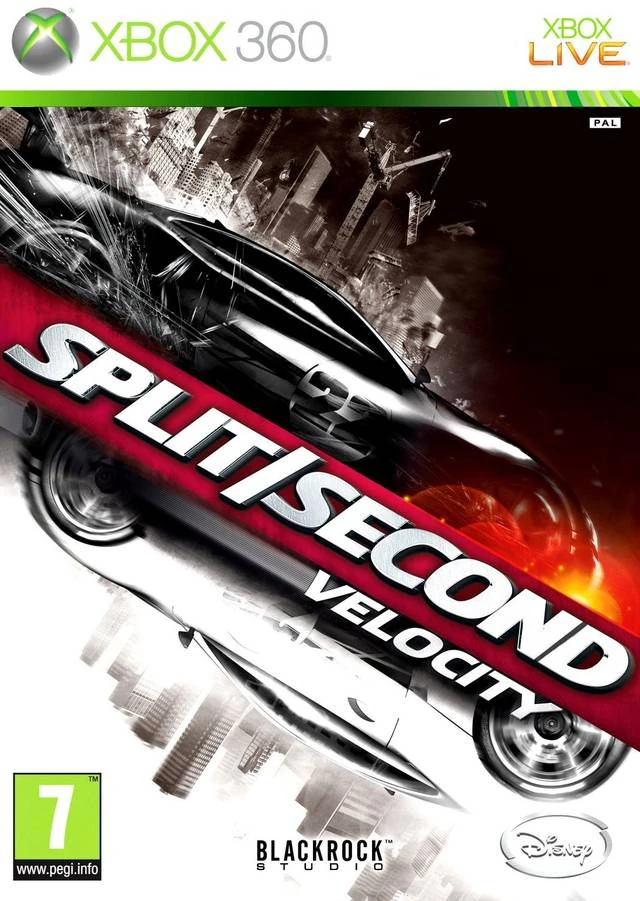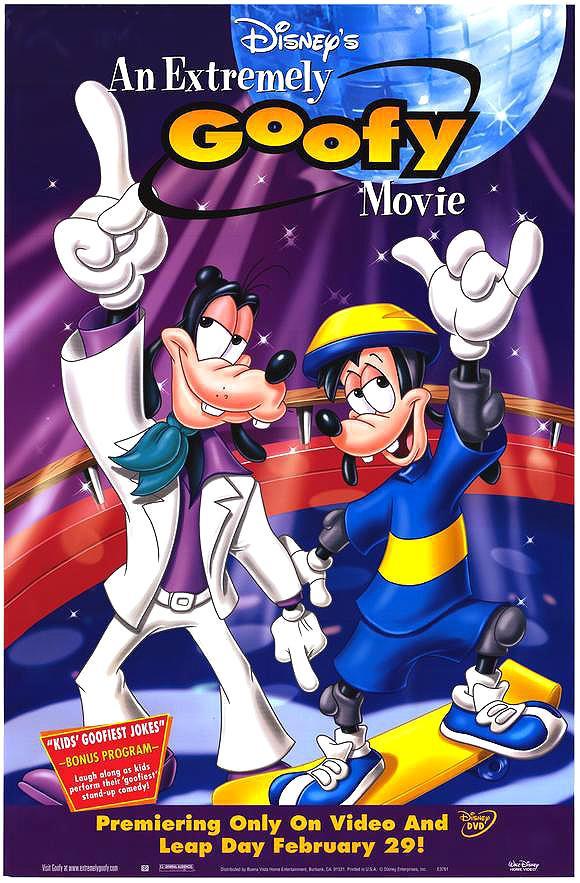The game of observation: a new interview with Darling and Eyes Wide Shut screenwriter Frederic Raphael
Frederic Raphael is a writer so renowned for waspish wit that the prospect of interviewing him is exciting and intimidating in about equal measure. One of his Cambridge contemporaries, Jonathan Miller, identified a “piranha-like savagery” in Raphael’s work.
Time hasn’t blunted it either (Raphael turns 94 this year) – just check out his recently published Last Post, a mix of tributes and score-settling screeds to friends and collaborators, including John Schlesinger, Stanley Donen (with whom Raphael worked, happily, on the delicious couple’s 1967 travelogue Two for the Road), and Stanley Kubrick (with whom he worked, a bit more complicatedly, on Eyes Wide Shut, 1999).
Challenging orthodoxies has defined Raphael’s eclectic output. Born in Chicago to Jewish parents – an English father and an American mother – but raised in England, and a published author by 23, his work across seven decades has encompassed novels, screenplays for film and TV, journalism, radio drama, biographies, translations, multiple memoir volumes and classical scholarship.
A consummate man of letters, Raphael is also a great iconoclast, adept at skewering “how people who think well of themselves are capable of behaving”. He’s prolific to this day, with a soaringly ambitious volume, The World’s Game: Reflections on Western Culture, just published. For Raphael, it’s all about “the game of observation”. In an age marred by groupthink, his gadfly spirit is as rare as it is refreshing.
Yet the Raphael who greets me at his London home could hardly be more genial. He’s evidently mourning the recent death of his wife of some 70 years (“I feel very empty,” he touchingly confides), but is still full of charm and smiles. We’re meeting on the occasion of the re-release of Darling (1965), the first of his Julie Christie-starring collaborations with Schlesinger (the second, Far from the Madding Crowd, would appear two years later), which is back in cinemas at the moment and comes to StudioCanal Blu-ray and 4K UHD from 16 June on the occasion of the film’s 60th anniversary.
Darling focuses on the upward drift of Christie’s Diana Scott, a Sussex-born model and actress making her way on the 1960s media scene through relationships with several men – Dirk Bogarde’s serious-minded interviewer, Laurence Harvey’s brittle ad exec and Roland Curram’s blithe photographer – in search of a fulfilment that proves elusive.
An archetypal product of, and satire on, swinging London, Darling was hugely successful, winning Oscars and BAFTAs for Christie and for Raphael’s screenplay. While the film’s reputation has suffered somewhat since, it still offers much to savour: formal freshness, excellent performances and the distinctive bite of Raphael’s dialogue. Among the film’s contemporary champions is Sofia Coppola, and Darling’s influence on some of her work is strongly evident.
I’d written a film called Nothing but the Best [1964]. It didn’t make lots of money, but it caused a bit of a stir. Jo and John had made two films in the North [A Kind of Loving and Billy Liar], and they were keen to come down and make something London-centred. Nothing but the Best had been set in the West End, and because the producer, David Deutsch, was also involved in the company producing Schlesinger and Janni, he put us in touch.

Schlesinger was very much from the BBC documentary tradition; he thought that we should talk to lots of relevant people to get material for the film. We did speak to the actress Beth Rogan. She was perfectly nice and the conversation was OK, but I didn’t get much out of it. It’s just not the way I work: I like to make things up, based on experience and observation, not on interviews. One day, through pure luck, I came up with the title, and it concentrated what the film was about: a woman who had, all her life, been ‘a darling’.
I often found it easier to write when outside of England. My wife and I rented a little cottage in the South of France and I got to work on a draft. John came to read it there: he liked some things and wanted to change others.
It was a long process. I didn’t realise the effort often involved in getting a film together. And I didn’t much care, to be honest, because my idea of being a writer was essentially to write novels and stories. However, I found it a great deal of fun to write movies, and it also paid the bills. And I did enjoy the time with Schlesinger, who was a great mimic and enormous fun to be with. Jo was too, and they used to tease each other a lot.
The model for the film, insofar as there was one, was Fellini’s La dolce vita [1960]. Janni had been at film school with Fellini, and he knew all those people on the very exciting Italian scene. The form of La dolce vita was influential, as it was a sort of series of vignettes of contemporary Italy. Our purpose with Darling wasn’t overtly political, but the film is a satirical treatment of England, which was clearly changing, though at that time not quite what it would become later in the decade.

Yes, among them Paul Newman, for what would be Bogarde’s role. It’s to Dirk’s great credit that he did the film after Newman and others had refused, and he was very good. And Shirley MacLaine was approached for the title role. That would have changed everything! Julie had done Billy Liar with John – a small role with a big impact – and she was very obviously a star.
I had of course met Julie – she was smart, though not talkative. But I’ve never found it useful to think of specific actors when I’m writing a film. I tend to try and inhabit the characters and, if possible, to stretch what’s expected of an actor, rather than conforming to it.
Coming out of the documentary tradition, John was keen to anchor the film in English reality. I came up with the question about what’s wrong with England, and they went out and filmed people in Bristol about their views.
Yes, the characterisation was quite daring at the time, when homosexual acts were still illegal. Malcolm is entirely unapologetic, and the most fun of all the characters. He isn’t on the make. Of course Schlesinger was gay, but I wouldn’t say we had any solemn, political purpose in creating the character. Still, I suppose it was pretty bold and had an impact.

It was. I had the opportunity to meet Stanley Donen, and he was interested in collaborating, as he’d liked Nothing but the Best. Once, when my wife and I were travelling, I’d had the idea of a movie composed of particular times in which a couple is going down to the South of France – and it’s continuous because the journey is from North to South, but it’s not continuous in time. It was an incredibly personal film to be made in Hollywood. 20th Century Fox just agreed. Nowadays you’d have to go through 15 executives to try to get a greenlight. Donen and I also remained great friends.
Yes, because I thought I’d written some kind of a love story, really. When someone like Kubrick calls you up after reading the pages you’ve sent and says “I’m absolutely thrilled,” you can’t help but be pleased. The relation between writer and director can be fraught: a bit like that between a president and a prime minister. There were ups and downs with Kubrick, but by and large we got on well. The last time I saw him, he said: “I wish we’d met sooner.” The little book I wrote had some fun with Stanley: one is – or should be – allowed to have fun with respected figures! But it was mostly a memoir of a strange and enjoyable close encounter.

Well, my hand was quite firmly held by a number of very nice collaborators, so I was lucky, and I enjoyed those experiences. The truth of the matter is I’ve enjoyed working on most things. The only thing I disliked was not feeling I could make a contribution to something, or those occasions when collaborators were dull. I won’t name names, but I just found it terribly boring to be with them, however able they were. And I was never willing to be bored. Fun was very important – and it still is, actually.
Your writing covers an extraordinary range. What advice would you give to aspiring screenwriters or novelists?
It’s difficult not to worship success. But it’s contemptible, if I can put it that way, to think that success is so important. It might sound pompous but all that matters, in the end, is doing good work.
Darling is in cinemas now, including BFI Southbank, and on 4K UHD and Blu-ray from 16 June.












